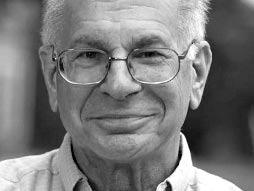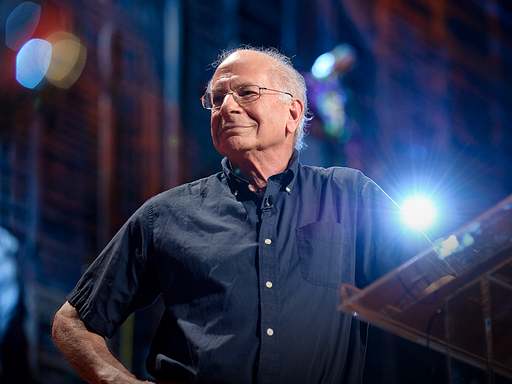Preview our new podcast: The TED Interview
TED is launching a new way for curious audiences to immerse themselves more deeply in some of the most compelling ideas on our platform: The TED Interview, a long-form TED original podcast series. Beginning October 16, weekly episodes of The TED Interview will feature head of TED Chris Anderson deep in conversation with TED speakers about the ideas they shared in their […]
Continue reading
